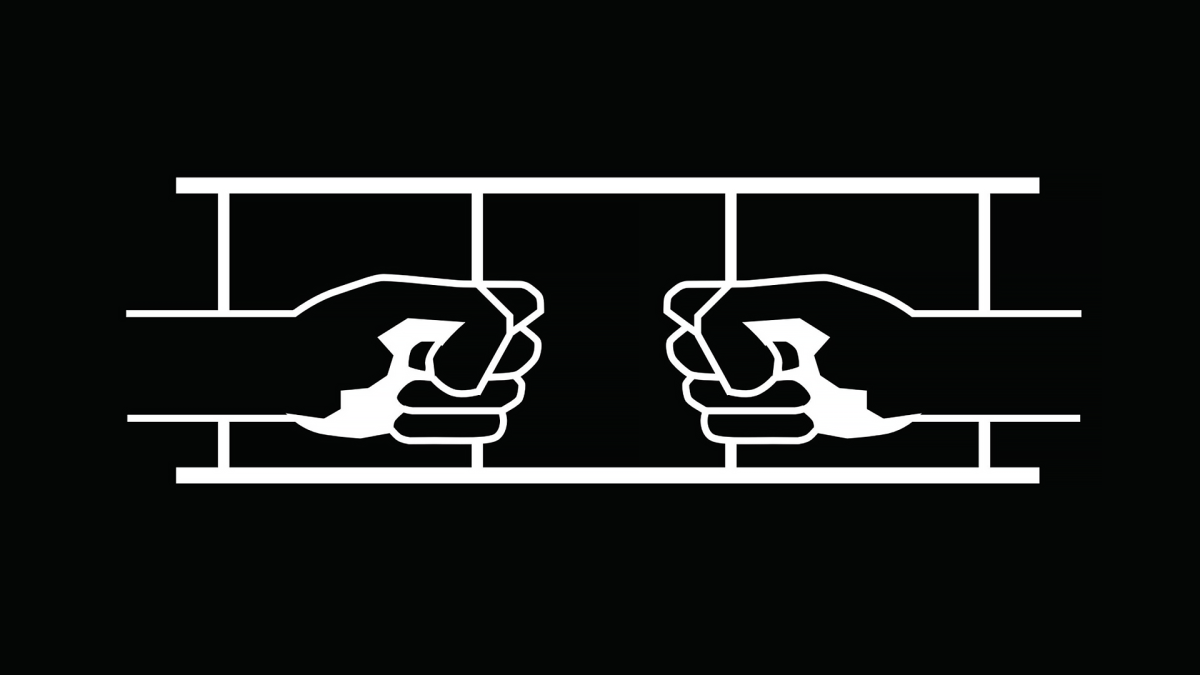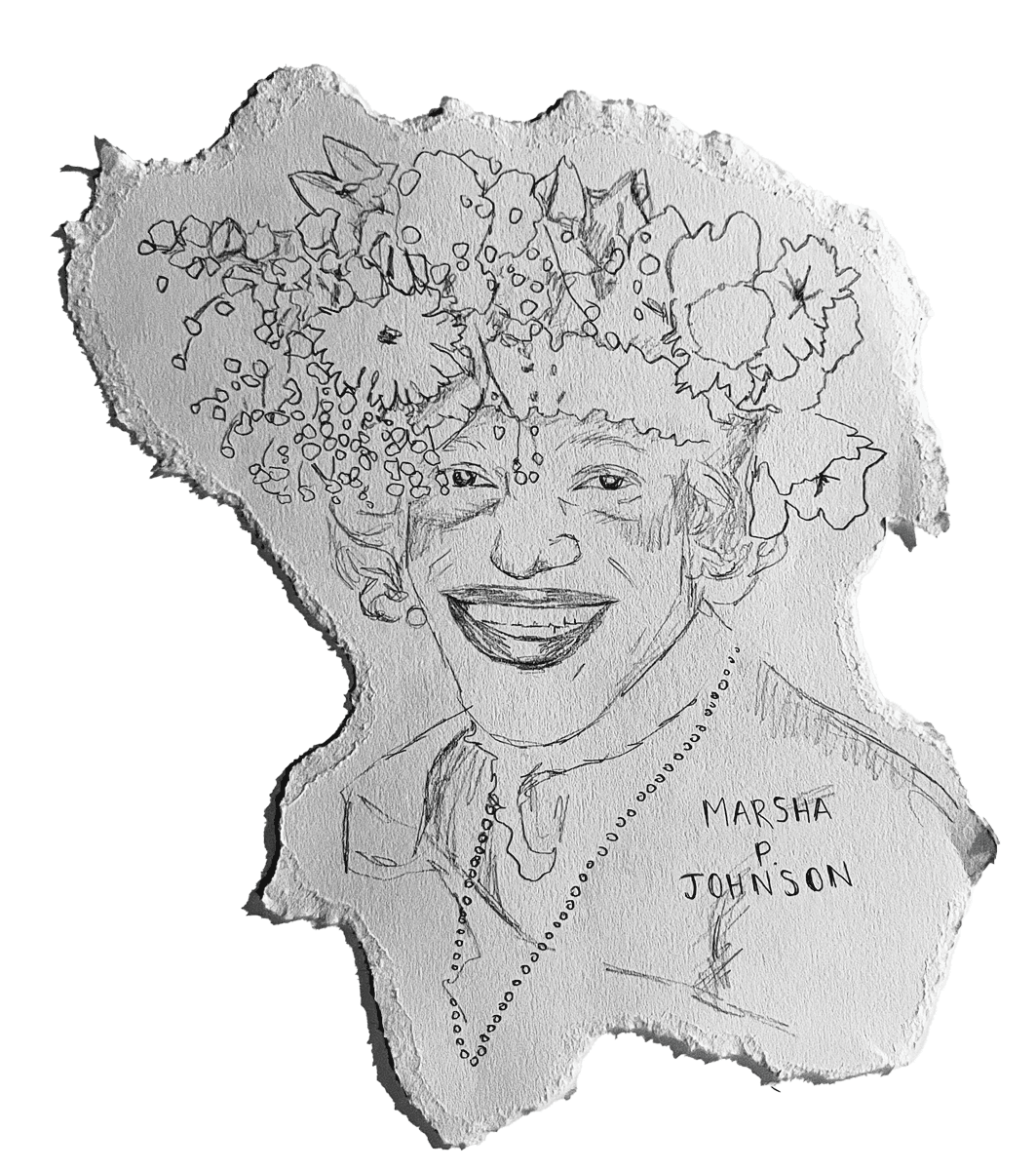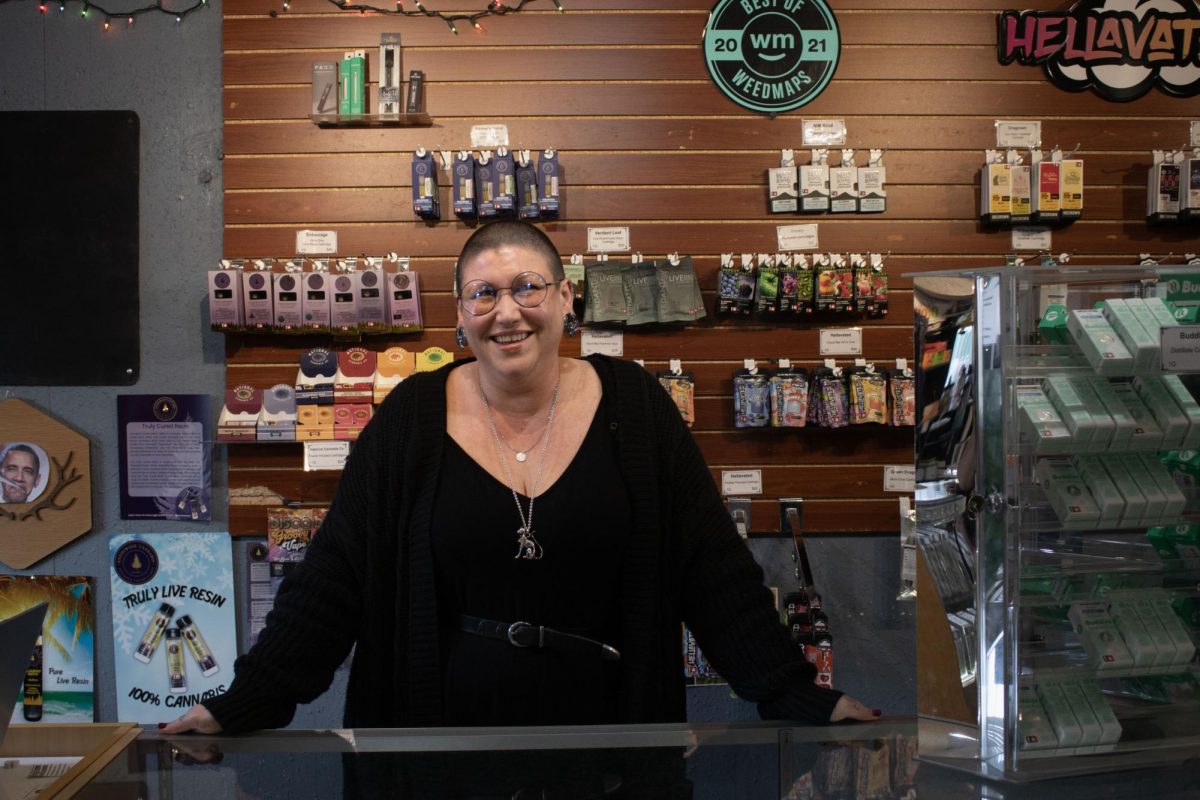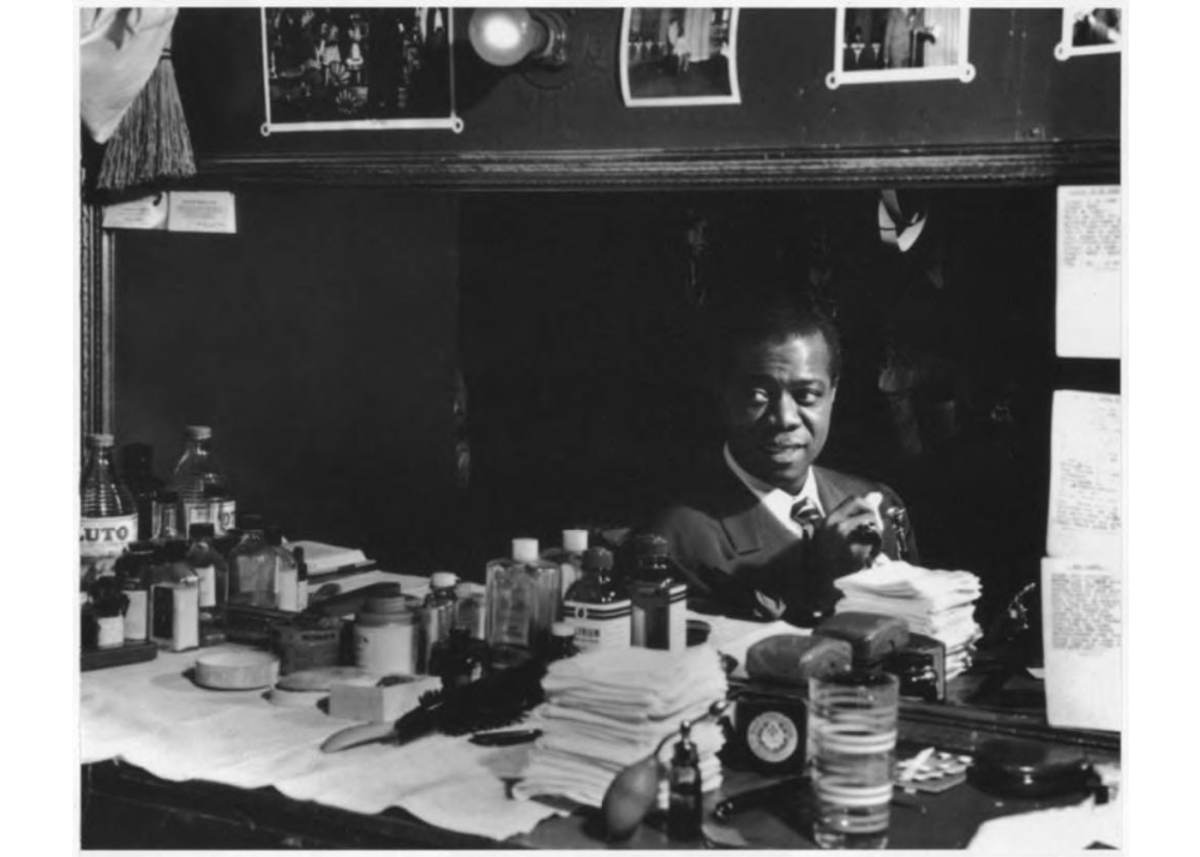Since 2019, Natalie Fertig has been a federal cannabis policy reporter at Politico. During her time reporting on cannabis at the federal level, Fertig has discussed issues such as Chinese investment in illegal cannabis and access to medicinal marijuana. Prior to working for Politico, Fertig did freelance work for outlets such as Rollingstone, Leafly, and Marijuana Moment.
Fertig discusses her experiences, as well as her perspective on a few of the issues facing the cannabis industry on the federal level.
What is a day in the life of a Federal Cannabis Policy Reporter like?
It’s different every day. Cannabis is a very broad subject. Today, Capitol Hill is mired in a vote for the new speaker of the U.S. House of Representatives. While there are some cannabis angles I could be pursuing up there, I have to choose how best to use my time. I just finalized a story that I spent the last two weeks reporting on Congress. I’m also wrapping up edits on a longer story about the cannabis industry in Spain, and how it is similar to what’s going on in a couple of American states.
Since cannabis is such a broad subject, I began dipping into subjects that are completely unrelated to cannabis. I did a story a while back on how Native American tribes are left out of the loop by federal cannabis law.
During your work, have you ever received any pushback, such as a lack of people taking you seriously, as a result of reporting on cannabis?
I have completely experienced that. I would say that in my journalism world, especially in D.C., the vibe has really shifted in the last five years. When I first started walking around Capitol Hill asking about weed, I was like the funny party trick. Now, people are like, “Criminal justice reform? That’s Natalie’s beat,” and “Banking issues, financial services, economics? That’s Natalie’s beat.”
For me, it shifted when Majority Leader Schumer came out and introduced a decriminalization bill––his office would call me all the time. It made everyone realize that this is a real issue. It’s something that isn’t seen as silly; it’s something that’s being looped into larger discussions on Capitol Hill about states’ rights and criminal justice reform. Cannabis is one of the biggest discrepancies between state and federal law in the United States since the Civil War.
In October 2022, President Biden announced a pardon for people incarcerated with cannabis-related convictions. However, few people have actually received those pardons. What is your take on this situation?
When pardons are not automatic pardons, they take a long time to happen. States that require people to apply for pardons put emphasis on people to find out if they qualify. It usually costs them money to apply. Many times they need legal counsel. States that have executed pardons or expungements that get it done quickly are states that just did it automatically, like Illinois.
There are pros and cons to every system. I talked to lawmakers who are in favor of pardons, but there are a lot of situations where a much more complex or worse crime may be bartered down to just a marijuana conviction. I know that there are a number of former Republican prosecutors who are in favor of pardons, but they’re not in favor of automatic pardons. There are criticisms for every version that you can do.



















